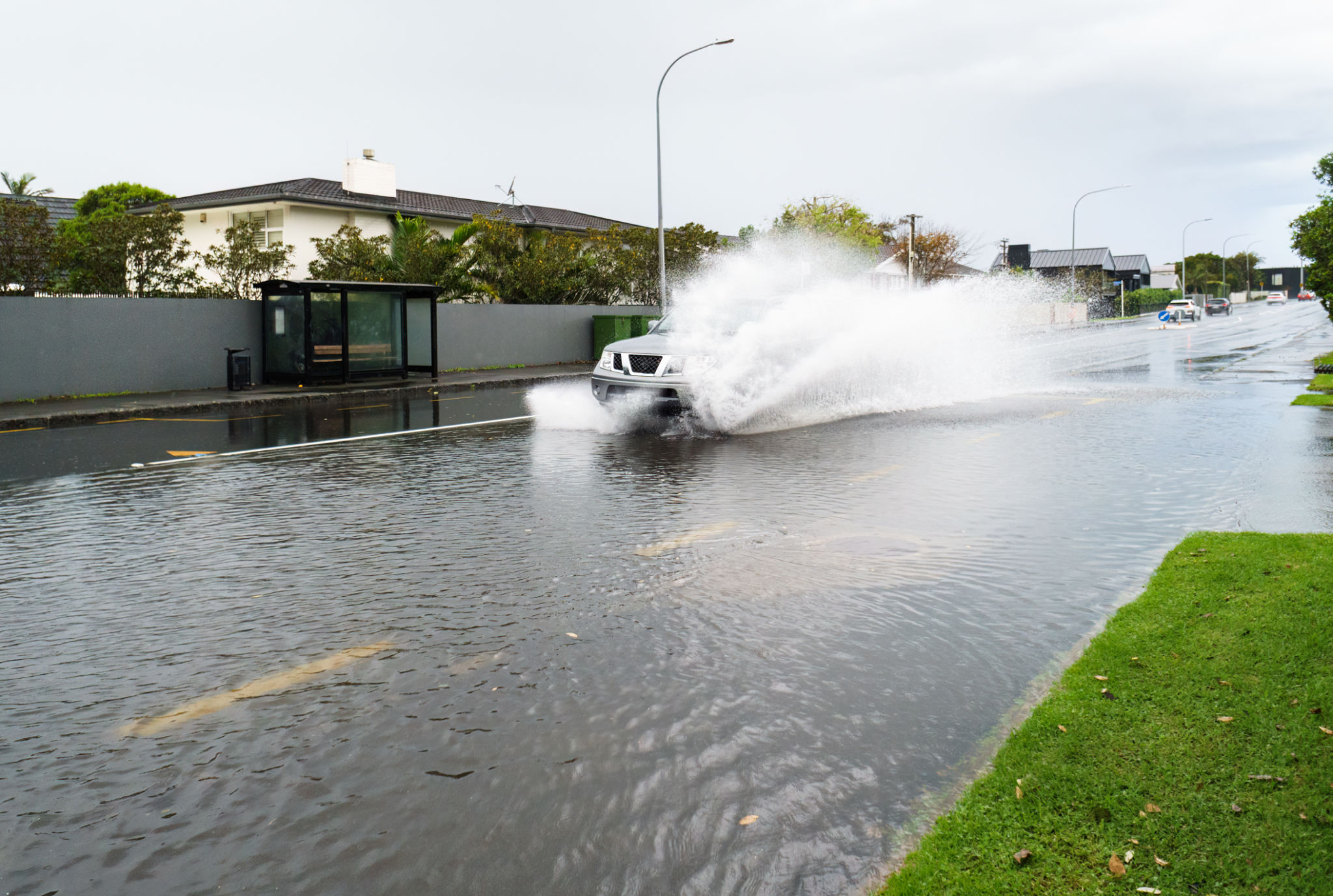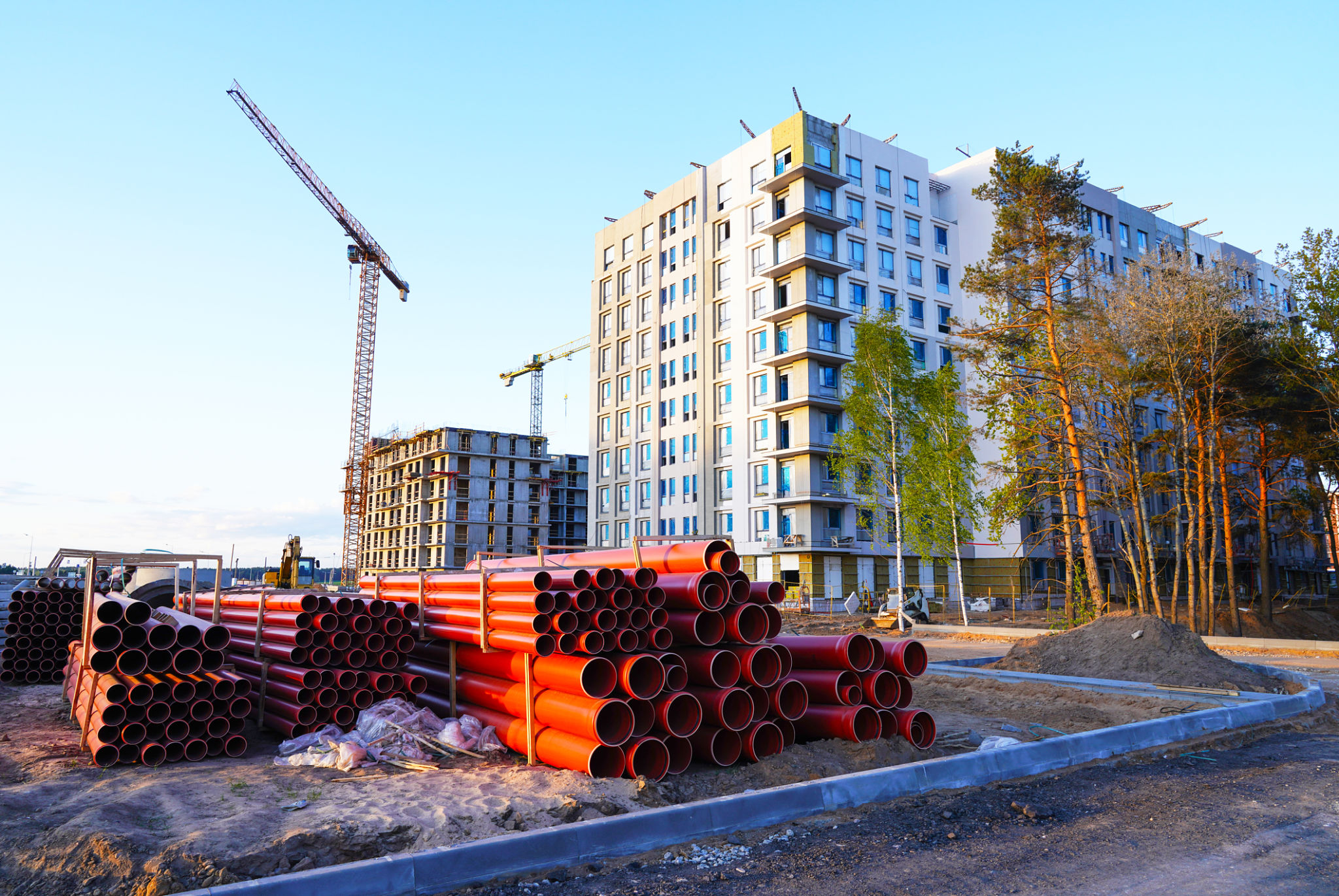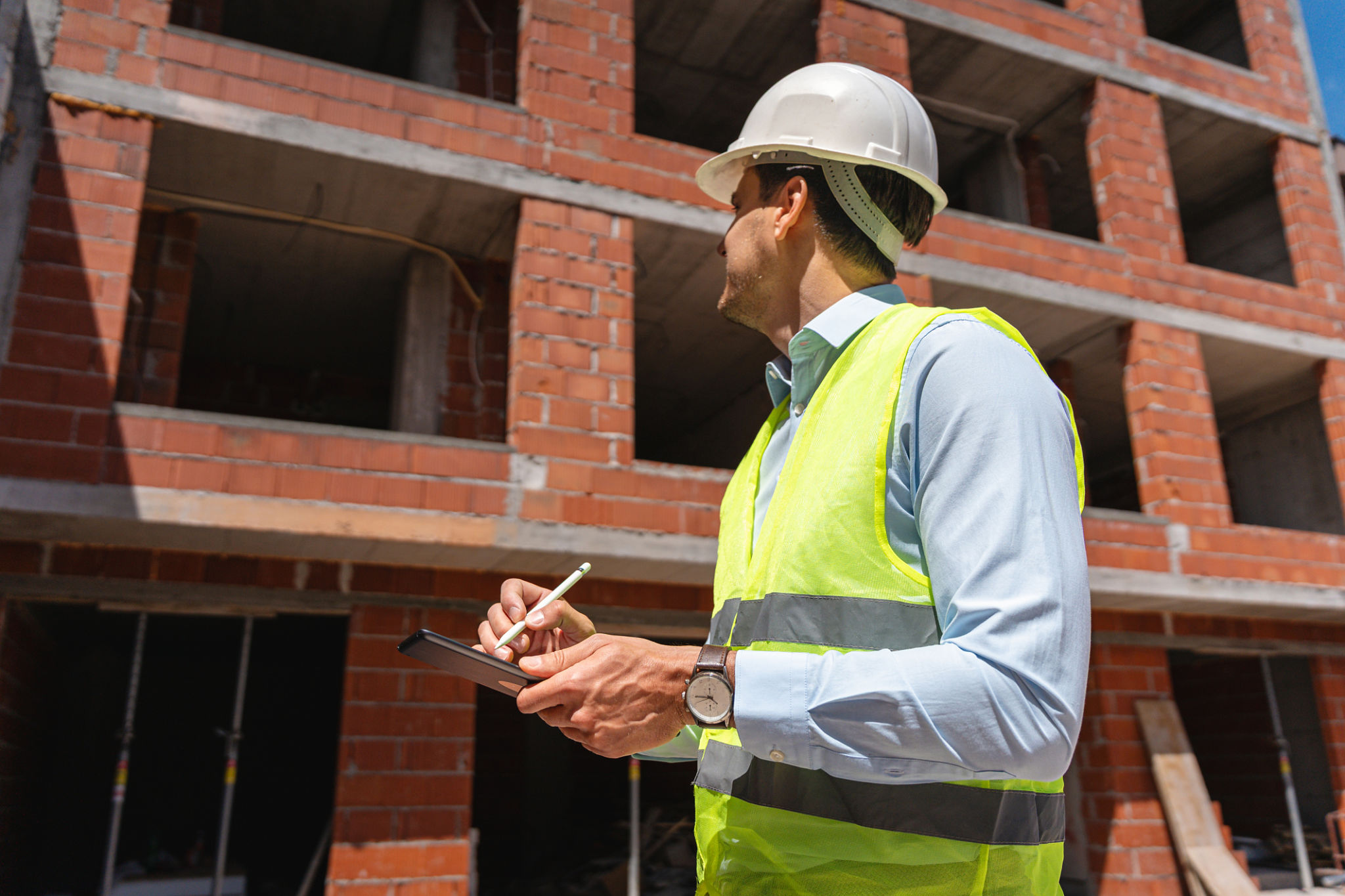Weather-Proofing Your Construction Project: Tips for Auckland's Climate
Understanding Auckland's Climate
Auckland's climate is known for its unpredictability, posing unique challenges for construction projects. With a mix of warm summers and wet, windy winters, it's essential to plan for all weather conditions. Understanding the local weather patterns can help mitigate potential delays and damage, ensuring your construction project stays on track.

Choosing the Right Materials
Selecting the right materials is crucial for weather-proofing your construction project. Opt for materials that can withstand high humidity and heavy rainfall, such as treated wood, galvanized steel, and waterproof membranes. These materials provide durability and resilience in Auckland's variable climate.
Waterproofing Solutions
Investing in effective waterproofing solutions is vital. Ensure that all roofing, walls, and foundations are equipped with waterproof membranes or coatings to prevent water ingress. This step is especially important during the rainy months when heavy downpours are common.
Implementing Effective Drainage Systems
Proper drainage is another critical aspect of weather-proofing. An efficient drainage system helps direct water away from the construction site, reducing the risk of flooding and water damage. Consider installing French drains, gutters, and downspouts to keep water at bay.

Site Layout and Elevation
Consider the layout and elevation of your construction site. Building on higher ground can naturally reduce the risk of flooding. Additionally, designing your site layout with water flow in mind can help manage excess water during heavy rains.
Weather-Responsive Scheduling
Creating a flexible project schedule that accounts for weather disruptions can save time and resources. Utilize weather forecasting tools to anticipate unfavorable conditions and adjust your timeline accordingly. This proactive approach helps minimize downtime and keeps your project progressing smoothly.

Communication and Contingency Plans
Ensure clear communication with all stakeholders about potential weather-related delays. Develop contingency plans that outline specific actions in response to adverse weather conditions. This preparation ensures everyone is informed and ready to adapt as needed.
Regular Inspections and Maintenance
Regular inspections and maintenance are essential for identifying potential vulnerabilities in your construction project. Schedule routine checks to assess the integrity of waterproofing measures, drainage systems, and material conditions. Addressing issues promptly can prevent costly repairs down the line.
In conclusion, weather-proofing your construction project in Auckland involves a strategic approach that combines material selection, effective drainage, flexible scheduling, and proactive maintenance. By taking these steps, you can protect your investment and ensure a successful build despite Auckland's unpredictable climate.
